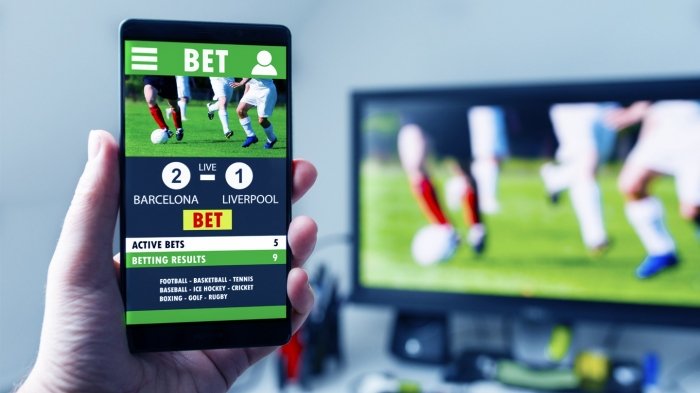T
he Washington DC Lottery reported $1.2 million in total sports betting handle for the first two months of operation of the Intralot-powered GambetDC platform, between the May 30 launch and August 3. This represented $237,000 in revenue for the state.
US traditional sports resumed in July, so the bets included wagers on Major League Baseball (MLB), the National Hockey League (NHL) and the National Basketball Association (NBA).
Those numbers fall short when compared to other states. Colorado, which launched sports betting in May and has 5 million more residents than the D.C., saw over $25 million wagered in May, and $38 million wagered in June. That netted the state over $300,000 in revenue for those two months. In June alone, bettors in Colorado wagered nine times as much money just on table tennis as D.C. saw wagered in the first two-plus months of Gambet going live, WTOP reports.
In Colorado, there are roughly 20 different mobile apps available for people to place a bet on a sporting event with, while in D.C. there’s currently only Gambet.
“Because it is really much more of a monopoly, the odds that were being offered to consumers were not terribly appealing for them to want to place a bet,” said Sara Slane, the head of sports gaming consulting firm Slane Advisory. “I just think it’s been a lackluster experience so far and hasn’t really attracted the demand the city was hoping would be created.”
Though July numbers aren’t available yet, states such as New Jersey and Pennsylvania also saw sports betting revenues rebound. Pennsylvania reported tens of millions of dollars in wagers in June, and nearly $8 million in revenue generated back to state and local governments.
Rhode Island, with a much smaller population, but still a few hundred-thousand more residents than D.C., still saw about $2 million wagered just in June. However, the Rhode Island Lottery told WTOP that led to about $44,000 in revenue for the state that month, since Rhode Island takes a smaller cut and doesn’t operate its own app the way D.C. does.
When sports betting was passed in D.C. in late 2018, the jurisdiction forecast $92 million in new revenues over the next four years.
“The argument I would make is it [revenue generated in D.C.] could be a lot higher,” Slane said. “If you actually had more handle, and more people betting, then you would be generating more tax revenue for the city ultimately.” She warned that though the app may be profitable now, its overall lack of popularity could be a problem in the future as more ways to bet on sports pop up in D.C. and the surrounding area.
Sports betting is also expected to begin in Virginia early next year, while Maryland might enter the market too. “I think you’re going to see far more choices happening outside the District and more opportunities for consumers to then place bets in the neighboring states,” Slane said.
Next spring the D.C. Council is scheduled to get an audit that details the performance of Gambet and Intralot right around the time the number of sports gaming options in the region will have grown, giving the council the opportunity to review and possibly make changes depending on what the audit finds.



